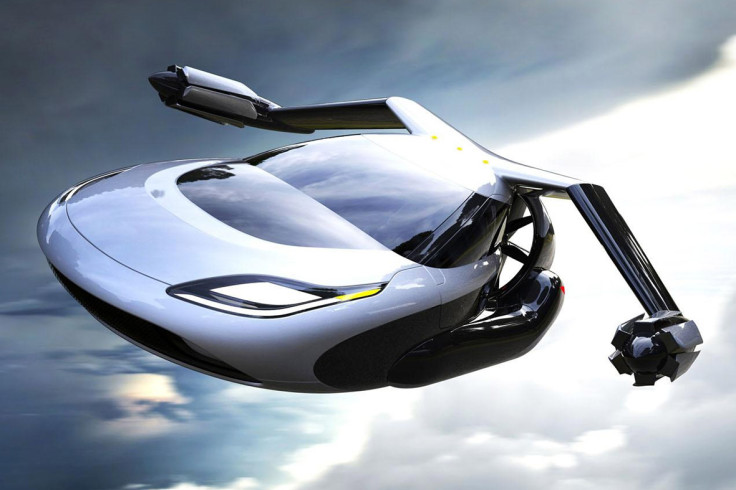Flying Uber taxis could be a reality within a decade
Cab-hailing service says autonomous flying vehicles will beat congestion and shred commute times.

Uber is looking at new technologies to get passengers from A to B, and reckons flying cabs could be a commercial reality within 10 years. Jeff Holden, Uber's head of products, has revealed that the cab-hailing firm is looking into vertical take-off and landing (VTOL) craft as a way of getting passengers quickly across cities.
Holden made the comments when speaking to Recode during the recent Nantucket Project conference, where he also underlined Uber's mission goal of eradicating private car ownership in favour of autonomous vehicle-sharing services, such as that currently being trialled by Uber in the US. He said that offering passengers a "three-dimensional" way to travel could "change cities and how we work and live".
VTOL craft are becoming an increasingly viable alternative to ground vehicles, both in terms of their practically in tackling crowded roads and combating pollution. Sharing the same fundamental concept as drones, VTOL vehicles tend to be electric-powered or use an electric/petrol hybrid engine, meaning they're far less damaging to the environment than most wheeled vehicles.
Additionally, because they don't require the use of a runway, VTOL craft are able to exist alongside current vehicles and infrastructure: you could park one in your driveway or garage and take off from right outside your front door.
Uber isn't the only company to have come to this realisation. Airbus recently divulged its plans to launch an autonomous flying taxi service within the next decade using propeller-powered electric aircraft. This would operate in a similar fashion to Uber, with passengers ordering either individual or shared rides using a smartphone app. Given that it is shooting for the same timeline as Uber, the competition between the two companies could be fierce.
Flying ahead
Companies are also developing VTOL craft for private use. Netherlands-based PAL-V this year opened pre-orders for its first "flying car", the PAL-V One, which is expected to reach the first customers in 2018. At the same time, Google co-founder Larry Page has put more than $100m of his own money toward developing personal air vehicles, which is an indicator that this is serious business.
Of course, the regulatory issues surrounding personal aircraft currently looks like a plate of spaghetti, and quite how easy it will be to convince a robot-fearing public to trust their life to an AI is a subject best left to the sociologists and psychologists of the world. But with major tech and transportation players now throwing their names into the hat, flying cars are beginning to look far less science fiction and more science fact.
© Copyright IBTimes 2025. All rights reserved.






















